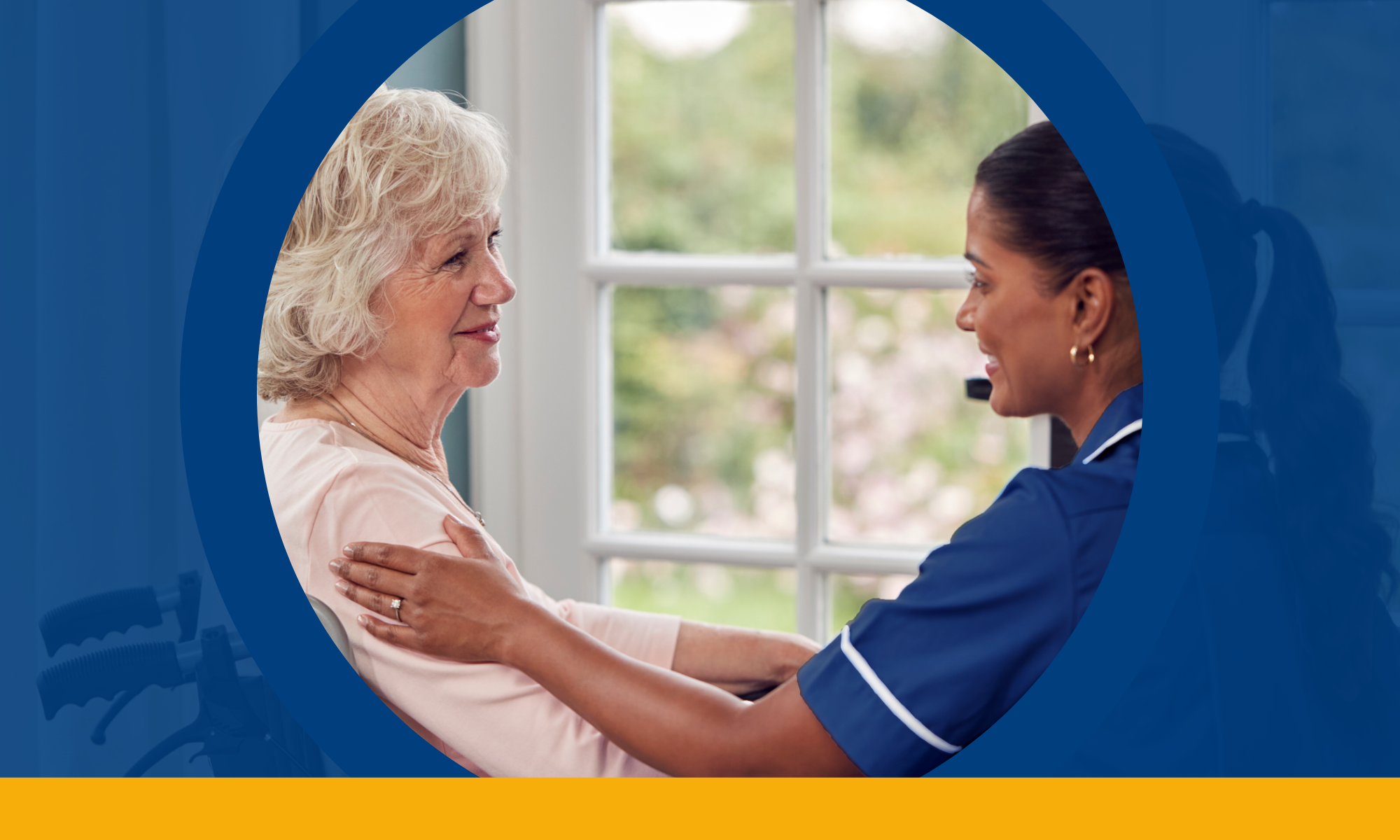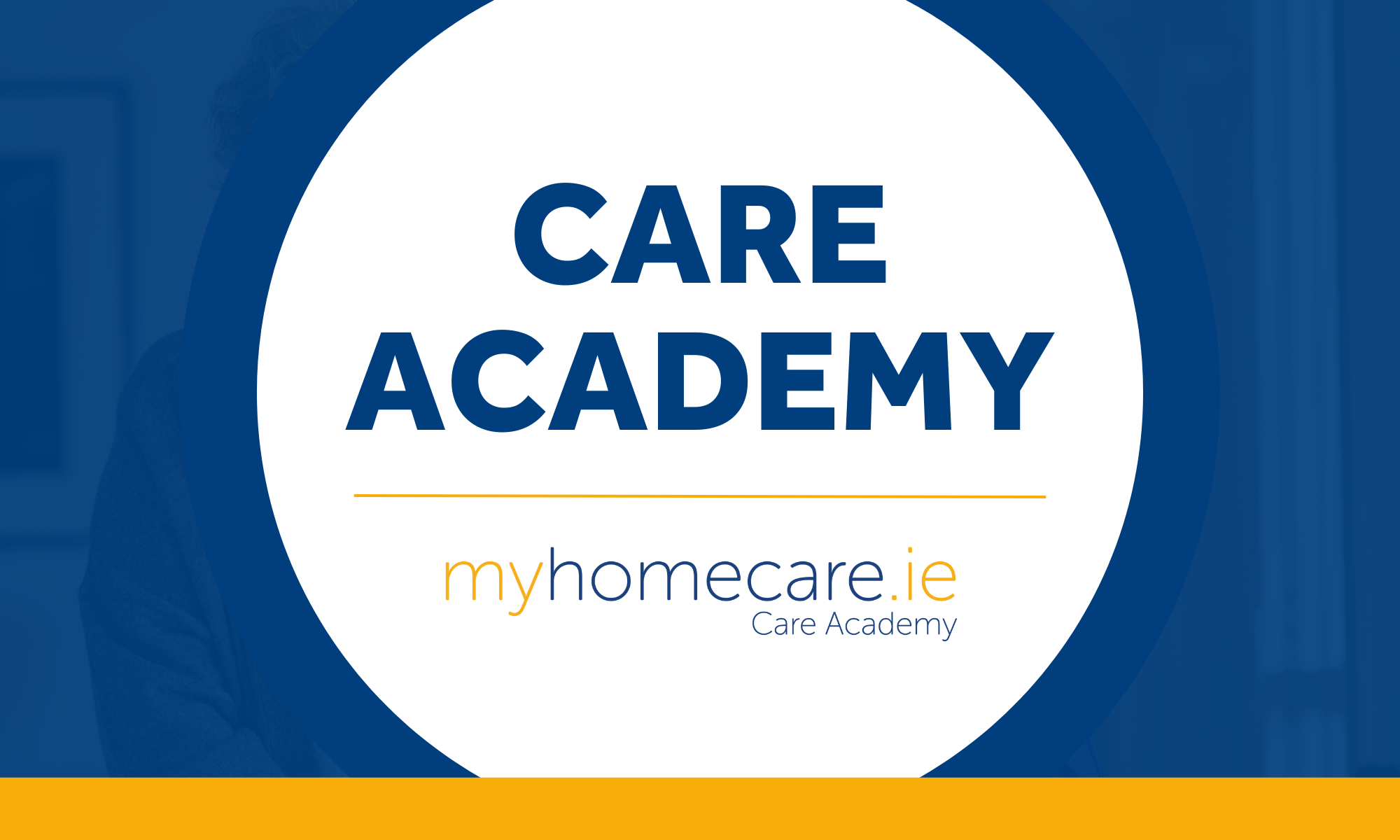International Day of Persons with Disabilities 2022
Today is International Day of Persons with Disabilities (IDPD), a day that was proclaimed in 1992 by the United Nations General Assembly resolution. The team at Myhomecare recognise this as a very important day and how people with disabilities deserve to have their dignity, rights and general well-being met. Servisource are equal opportunities employers and welcome applicants from all backgrounds. We recognise that a diverse and inclusive workplace will better our relationships and services with our clients, our candidates, our communities and one another. We want you to Be You, Be Kind, and Be Proud.
The theme this year is “Transformative solutions for inclusive development: the role of innovation in fueling an accessible and equitable world”, which aims to bring awareness towards disabilities of all kinds and to promote an understanding of the issues surrounding disability.
Disability can be defined as a mental health, sensory, intellectual or physical condition that restricts a person’s activities, senses or movements. It is important to recognise the unique challenges people living with a disability face on a daily basis.
This year’s theme is based around 3 different topics:
- Innovation for disability inclusive development in employment: Linkages between employment, knowledge and skills required to access employment in an innovative, rapidly changing technological landscape to all.
- Innovation for disability inclusive development in reducing inequality: Innovations, practical tools and good practices to reduce inequalities in both public and private sectors, which are disability inclusive and interested in promoting diversity in the workplace.
- Innovation for disability inclusive development: A sector where all of these aspects coalesce; sport as a good practice example and a site of innovation, employment and equity.
Challenges People with Disabilities Face

Recognising and becoming aware of the challenges facing people with disabilities is the first step in creating an equal society that can cater to their needs in both a work and home environment. These challenges can be social, educational and economic. Let’s have a look at these in more detail.
- Social Challenges
Social isolation is a huge factor and one of the most severe challenges facing people with disabilities today. Community engagement can be difficult for people with mental impairments which is then exacerbated in rural areas where access to group activities isn’t so accessible. This is why community activities should be in an environment that suits everybody and are as accessible as can be.
- Educational Challenges
Students or teachers may be faced with a lack of access such as ramps or elevators within an educational setting. Some institutions may not have adequate funding for special needs support and so they struggle with keeping up with their peers. At Myhomecare we provide premium community care services to children with both special needs and special care requirements throughout Ireland which you can see on our brochure.
- Economic Challenges
People with disabilities also report being paid less than their colleagues despite having similar qualifications. Businesses are encouraged to hire people with disabilities and with matching them to jobs that suit their skill sets. They should have the same opportunities as co-workers and be treated equally within any workforce. At Servisource, we make sure everyone is included and that awareness around disability and inclusivity is spread throughout the company. This means awareness talks are arranged by experts and guest speakers that employees can take part in.
Did You Know?
- Around 15% of the worlds population live with disabilities
- An Estimated 286 million of the worlds working-age people have some kind of disability
- People with disabilities are the world’s largest minority
How Myhomecare Caters to Your Needs and Disabilities

At Myhomecare, tailor-made homecare services are available which enables clients to be looked after in the best possible way that suits their needs because we know that disabilities come in all shapes and forms. We also work with medical practitioners and suppliers to provide a wide range of supportive solutions such as:
- Home Adaptations
- Essential Medical Supplies
- Partnership with your Primary Care Team
Allowing clients to be as independent as possible is what Myhomecare deems extremely important and they want to make life as easy as possible for each individual. Our homecare services include Domestic Home Help, Paediatric Care as well as Palliative Care. You can find out more about our care services here.
Myhomecare has a combined approach to care and technology whereby our caregivers and nurses promote the use of app technology with the following features to provide you or your loved one with the utmost of care. This is why they have partnered with the Isaac Care app, which caters to an array of disabilities. The app offers a range of free features including:
- Appointment reminders
- Medication reminders
- Fall alarm
- Vitals monitoring
You can find out more about the easy-to-use Isaac Care app and all of its assistive technology features here.
How to Access our Care
We want to make accessing healthcare as easy as possible so here is our 4-step guide
- Free consultation to assess the nature and level of care needed.
- Design a care plan to meet your individual requirements with the advice, care and support of the MDT.
- Assign a homecare team to match your needs.
- Our dedicated Homecare Nurse Manager will continuously monitor and review the service delivery to ensure you are entirely satisfied with the care provided.
You can contact us to find your local Myhomecare office and you or your loved one can begin their journey into care with our team.
Get in Touch
Our dedicated team are on hand to assist you in any way.
Contact us on +1 800 400 900 or email us info@myhomecare.ie and one of our team will be in touch.















